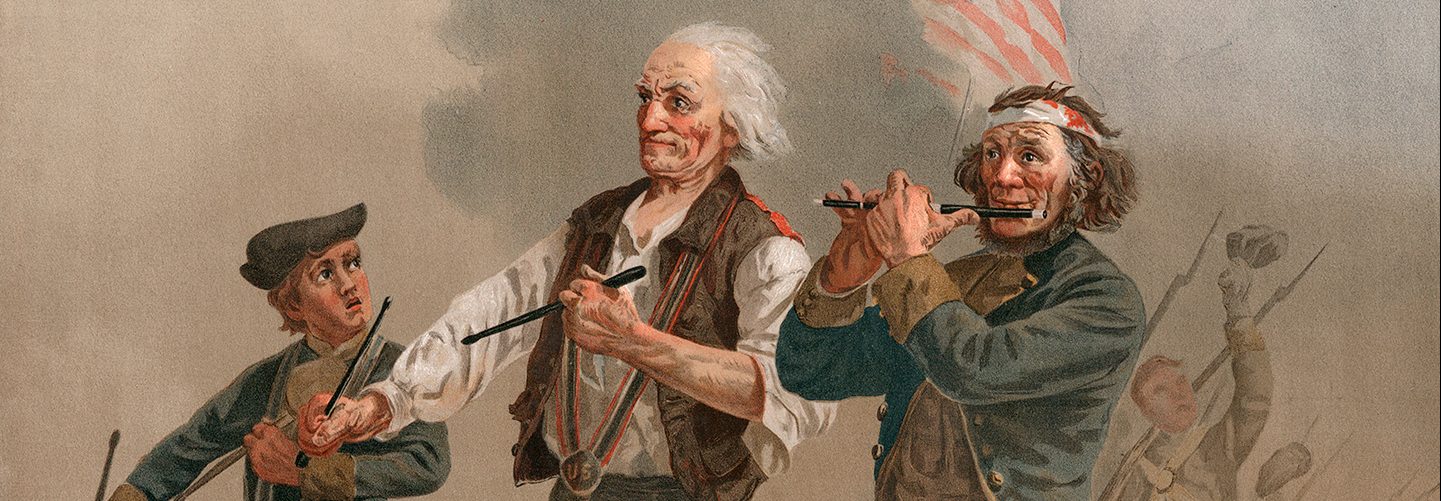In the hit Broadway musical, Hamilton—which begins its national tour today in Los Angeles—the cast sings a Lin-Manuel Miranda–reworked number, “The World Turned Upside Down,” which was reportedly played while British troops retreated at the Battle of Yorktown.
Why did Miranda write around the song? Because, as he tells The New York Times, it just didn’t have that Broadway flare.
Which begs the question: What would Hamilton sound like with historically accurate numbers? And what type of music would the actual Alexander Hamilton have listened to? (It certainly sounded nothing like what one can hear within the confines of the hit musical.)
One well-known composer at the time of the original Hamilton was William Billings. Take a listen to his “Chester” below, a hymn that was first published in 1770.
As the Times explains of Billings, he was a tanner from Boston with no formal musical training, but he “was an emblematic musical patriot: He developed an eccentric style marked by boisterous tunes and uncouth harmonies, and was a friend of agitators including Samuel Adams.”
J.S. Bach is another composer, who would’ve potentially caught the ear of Hamilton. Having died in 1750, his European melodies would’ve been the de rigueur paradigm for colonial composers. “Music in the early United States was almost entirely borrowed from British and Italian musical styles,” notes musicologist Elissa Harbert to the Times.
Maybe the best example—if not the most Hamiltonian—would’ve been Founding Father John Dickinson’s 1768 “Liberty Song,” which was itself a rewrite on a British naval anthem, “Heart of Oak.”
This article was featured in the InsideHook newsletter. Sign up now.
